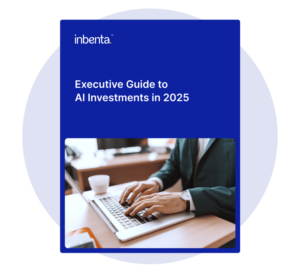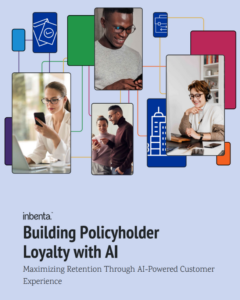The United Nations General Assembly has approved two groundbreaking initiatives aimed at shaping global cooperation on artificial intelligence governance. These include the establishment of the Independent International Scientific Panel on AI and the Global Dialogue on AI Governance. The Scientific Panel is designed to bridge cutting-edge AI research and policy-making while delivering independent assessments to inform critical decisions. Meanwhile, the Global Dialogue will unite nations and stakeholders to discuss pressing AI challenges. Both mechanisms build upon the Global Digital Compact adopted in September as part of the Pact for the Future. The UN Secretary-General, António Guterres, will soon launch nominations for the Scientific Panel, which will begin publishing annual reports in 2026.
Inbenta recognized in Gartner® Magic Quadrant™ for Conversational AI Platforms.
- Platform
- Solutions
 Inbenta’s Composite AI
Inbenta’s Composite AIInbenta’s AI, trained for over two decades on billions of interactions, enhances customer experience across industries.
- Use Cases
- industries
- Resources
- Articles
- AI This Week
- White Papers
- Newsroom
ArticlesAI This WeekWhite PapersWhite PapersWhite PapersWhite PapersNewsroom
- Company
- Partners
Unlock growth & innovation
CareersTransform the world with us
CompetitorsSee how we stack up






